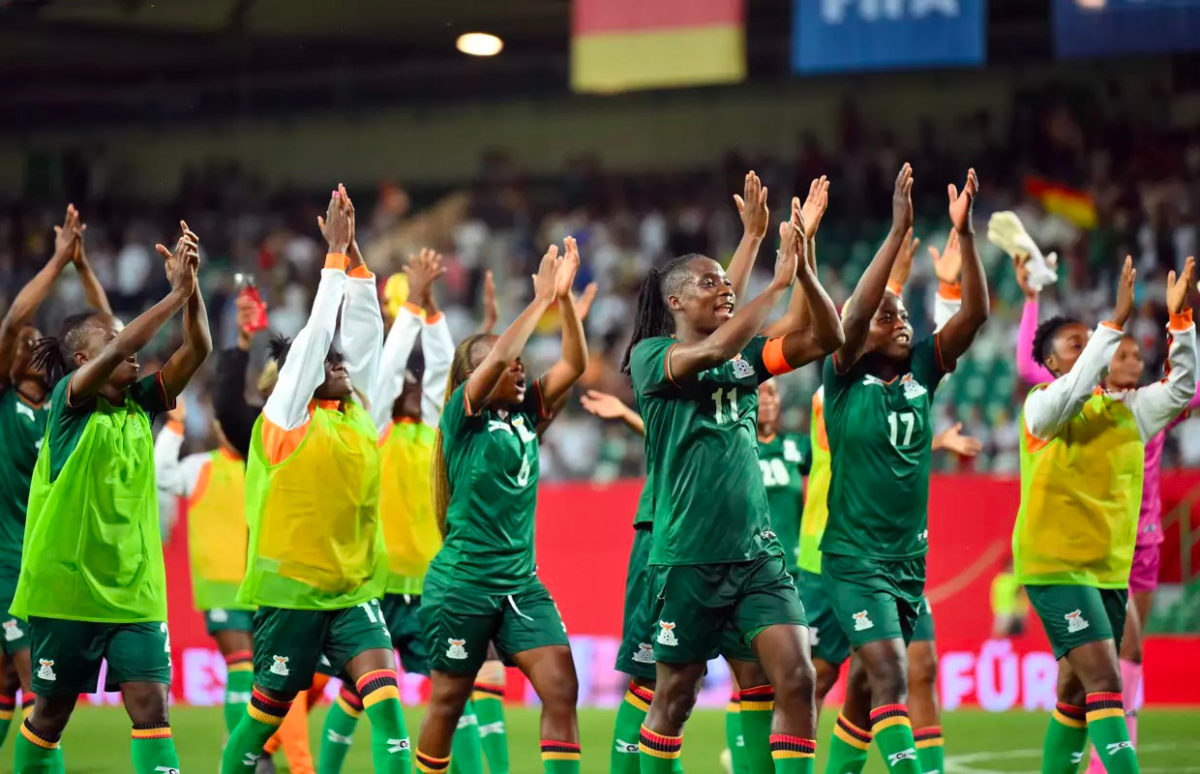The ninth FIFA Women's World Cup will be held in Australia and New Zealand from 20 July to 20 August. The tournament is being billed as the biggest ever women's sporting event . More than a million match tickets have been sold and the tournament will involve the biggest number of teams, and therefore matches, in its 32-year history: 32 teams will compete, up from 24 in the 2019 World Cup in France.
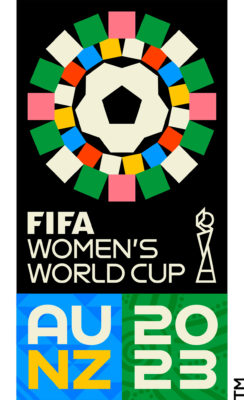 Hosting is being shared by Australia, number 10 in the world and New Zealand, number 26.
Hosting is being shared by Australia, number 10 in the world and New Zealand, number 26.
The teams are divided into eight pools of four teams and the tournament starts with each team playing all the other teams in its pool. This is called a round-robin competition. The top two teams in each pool qualify for the knockout stage of the tournament, starting with the round of 16. In the knockout stage, every match sees the losing team leave the competition and the winning team progress to the next round.
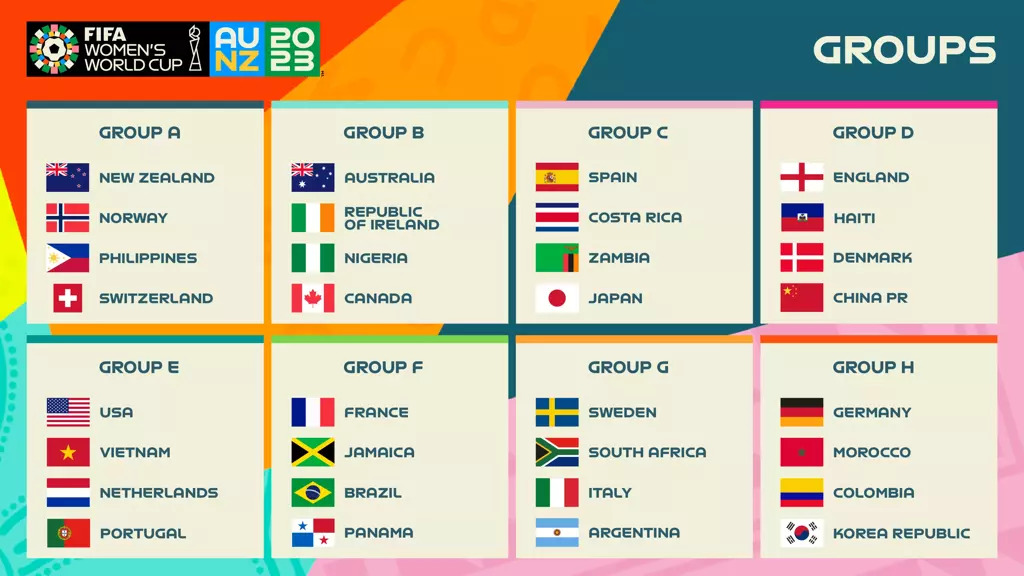
There are 8 teams playing for the first time. Haiti, Morocco, Panama, the Philippines, Portugal, the Republic of Ireland, Vietnam and Zambia (you can see them celebrating their qualification at the top of the page.)
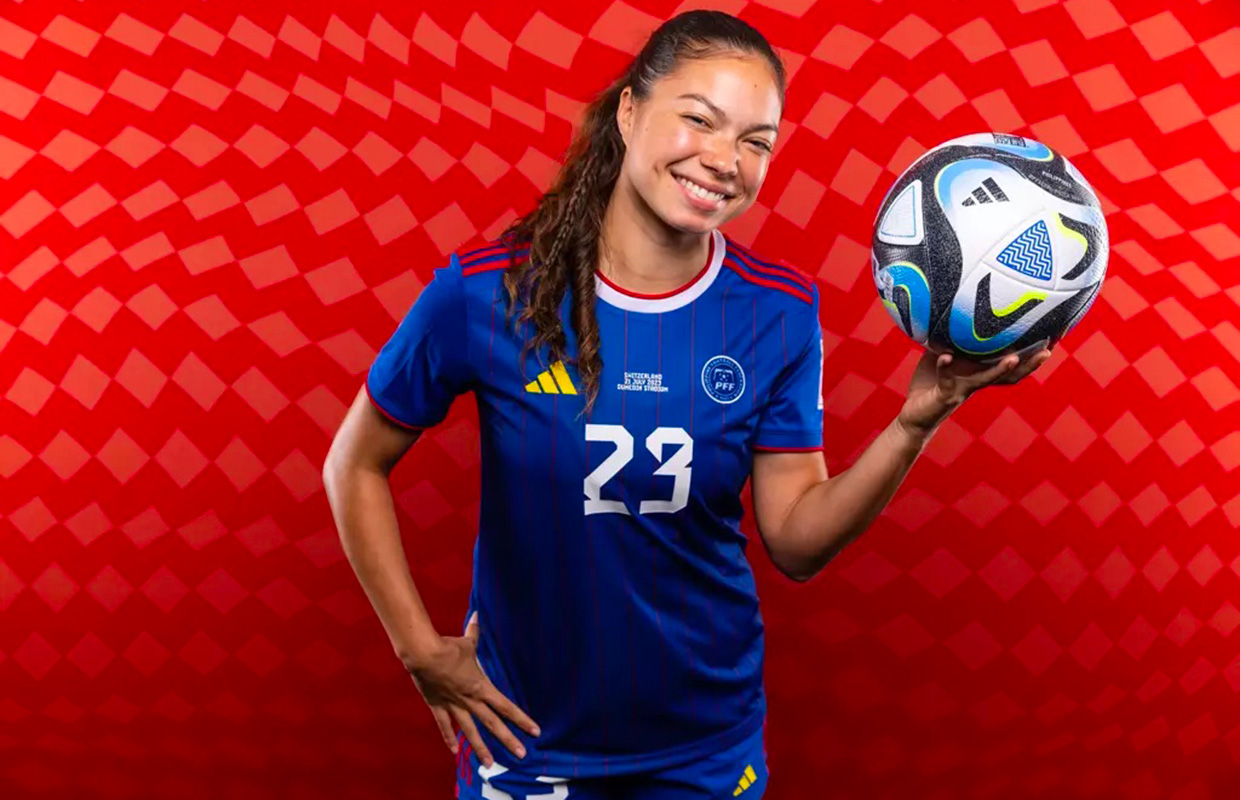
As well as holding a record-breaking four titles, the USA is trying to be first team in either men’s or women’s world cup to win 3 times in a row. Other strong contenders include two-time winners Germany, Spain, and current Euro champion England.
A Level Playing Field
The first World Cup, in 1991 in China, only involved 12 teams. And most of the players were amateurs; there simply weren’t professional leagues for them to play in. The game has come a long way since then. Women’s football has been a real successful story in the U.S., dominating all other women’s team sports in terms of participation and audience. But several teams are using the World Cup to again point out that the women are paid much less than their male counterparts.
This time it is one of the host nations, Australia's Matildas team, which has called for equal pay.
On this viral video, they point out that it wasn’t until 2007 that FIFA awarded prize money for the World Cup, and that it still, “only offers women one-quarter as much prize money as men for the same achievement.”
The Matildas made a good start in keeping their promise to, ”Do everything we can to make the country proud when we take the field and also to leave the shirt in a better place for those who follow in our footsteps,” winning their opening game against first-timers Ireland. It was the beginning of a festival of football.
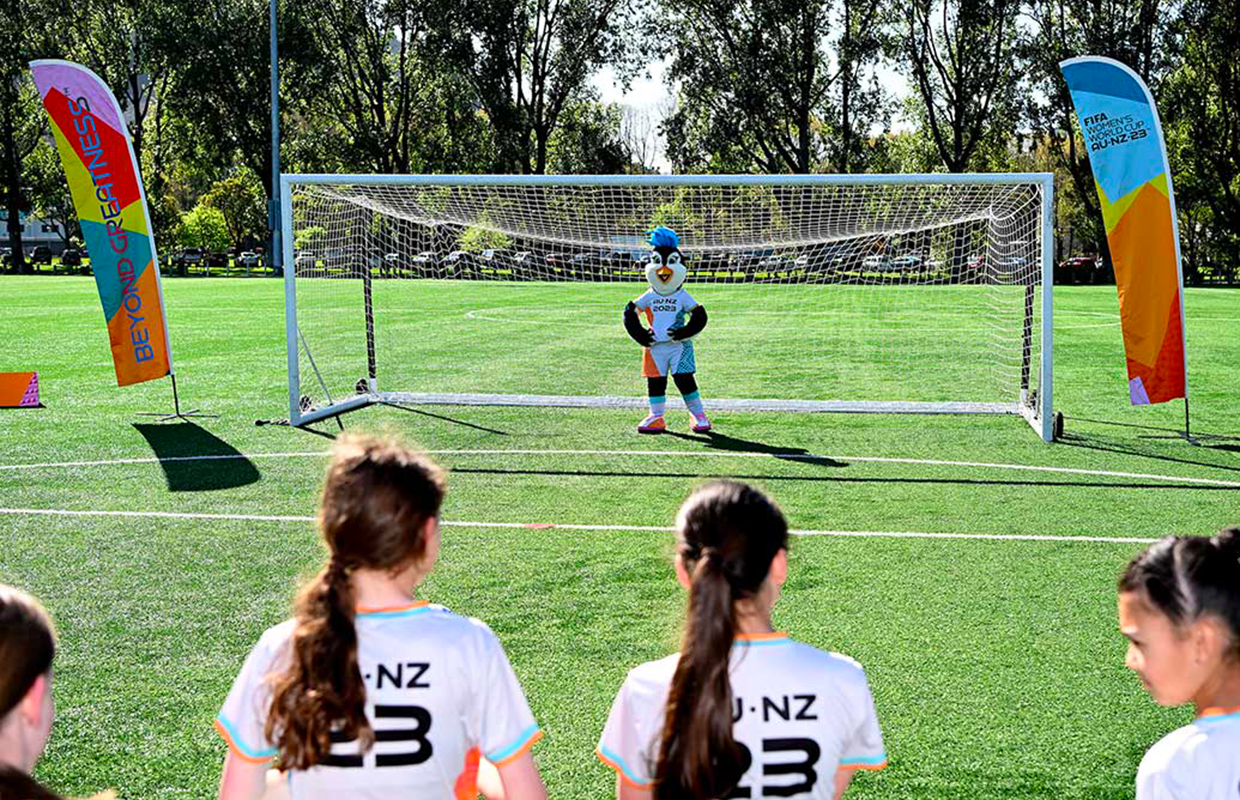
The tournament’s mascot is a penguin called Tazuni, a fusion of the name of her home, the Australian island state of Tasmania, and unity, the theme of the World Cup.

Find more on the theme of standing up for your rights through sport in Speakeasy Files 3e: U.S. soccer and marathon pioneers Mia Hamm and Kathrine Switzer, Jackie Robinson, John Carlos and Tommie Smith, and more.
And don't miss our A1+-level Ready to Use Resource on the 2019 Women's World Cup.
Copyright(s) :
FIFA
Nike
Tag(s) : "amazing women" "Australia" "equal pay" "football" "gender equality" "New Zealand" "Speakeasy Files 3e" "sport" "Title IX" "women’s sport" "World Cup"





